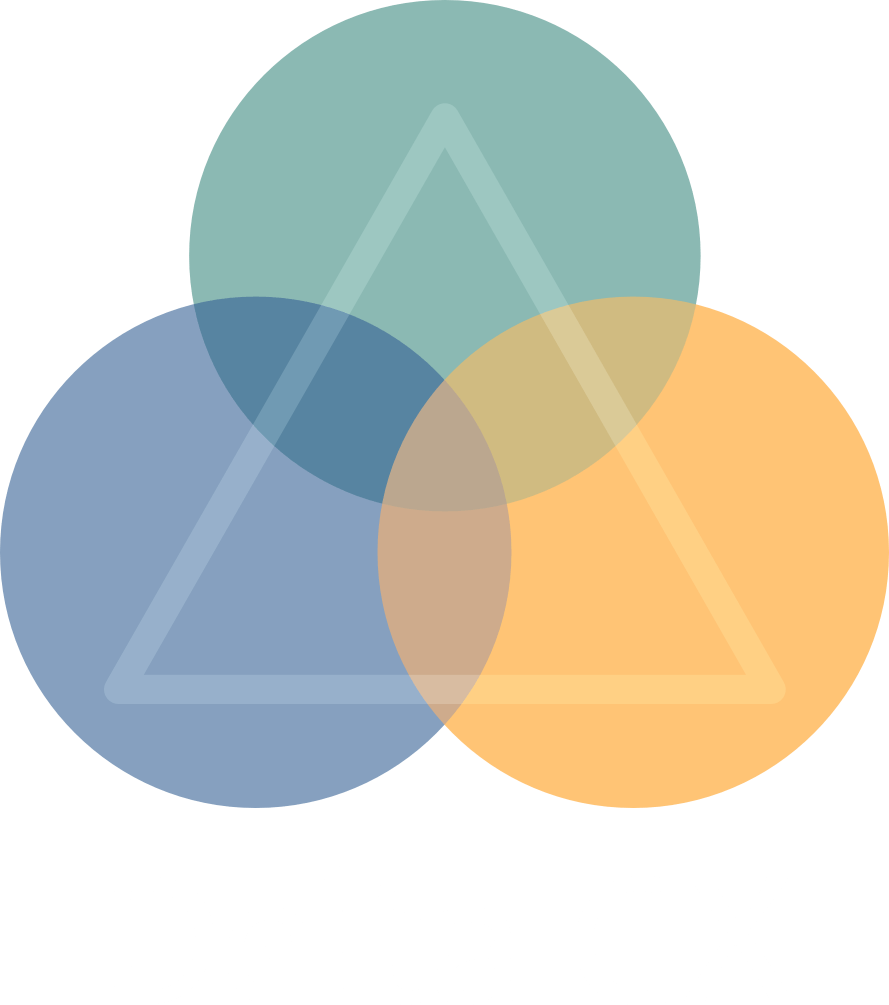Concentric Conference 2020

24 January 2020
8am to 5pm, Pacific USA time
Live and online via Zoom
CX and UX are at the heart of everything your company does. Without customer satisfaction, it doesn’t matter how Agile, Lean, efficient, productive, or anything else you think you are. Your cool tech, your CI/CD pipeline, your expensive re-brand, and paid social influencers will all mean nothing if you don’t have happy customers.
Concentric is an event where each presentation ties back to the customer’s experience… The UX of a digital interface or the human perception of a brand, service, store, or experience. It’s all about the X!
Target attendees are all roles in creative, software dev, and tech including CX, UX, UI, product, project, engineering, devops, BAs, security, marketing, sales, etc. Target companies are any company of any size including startups. This event is for anyone interested in how to create improvements to their product, process, and culture so that they are improving customer communication and satisfaction.
Watch the Videos
All sessions were recorded and are available on our YouTube channel.
Schedule
There will be three Zoom webinar “rooms” running at the same time.The rooms are not tracks and don’t have any particular themes.
Most presenters have given permission to be recorded.
Opening Remarks
Delta CX CEO Debbie Levitt welcomes everybody to the event!Making Data Actionable: From Concept to Visualization
- Understand and recognize the five stages of visualization spectrum.
- Learn how to leverage these steps into a cohesive visualization strategy.
- Discover the difference between impact/influence and how that plays into making data actionable.
Dr. Joe Perez, Sr Systems Analyst & Team Lead at NC Dept of Health and Human Services
close accordion
Better Surveys, Better Products: How to Create Surveys That Work!
- Understand how users make decisions
- Learn what drives our customer base
- And ultimately drive strategy & innovation But how do you create a winning survey that actually works? In this session you’ll learn…
- How to create surveys that provide you with actionable data you can use to improve your product or service
- What questions to ask (and what questions not to)
- What are the pitfalls of survey questions and how to avoid them
- How to get more people to take complete your survey
- What are the best industry tools you can use to send out your survey
- When to conduct a survey
- What subject lines get the best responses
- And why 1-10 rating scales are terrible! (Don’t worry, we’ll tell you what to do instead)
- How to create surveys that provide you with actionable data you can use to improve your product or service
Dan Zola, Managing Partner & Research Director of Sway UX
Kerry Thompson, Co-Founder and CEO at Sway UX
close accordion
Bridging the Physical and Digital World: Combining UX with Architecture
Leslie McFarlin, Sr UX Designer, STLArchitects
close accordion
Game Theory for Promoting Strategic Human Interactions to Create Designs That Matter
Jeffery Dernbach, UX Strategist at T-Mobile
Lubna Thabseem, Sr Learning Experience Designer
close accordion
Transforming The Steel Industry Via Prototyping & Personas
Jonathan Toler, Head of Product & Innovation at Kloeckner Metals
close accordion
Impact of Meaningful Conversations in Teams Towards Designing Ethical Products
Shalakha Jain, Design Strategist and User Researcher
close accordion
Transform Your Brand’s Customer Experience by Using AI
- Identify the right data sources to capture user inputs
- Apply AI through language models to understand customer intent
- Present an integrated view of the customer to recommend executive decisions
Ganes Kesari, Co-Founder & Head of Analytics at Gramener
close accordion
Driving the Customer Experience: UX + Warehouse Distribution at Next
Laura Musgrave, Sr UX Researcher at Next
Marie Simpson, UX Research Manager at Next
close accordion
Lunch Break
60 minute break for meals and however you want to spend your time.Empowering and Engaging through Co-Creation
Jane Vita, Design Director, NA at Digitalist Canada
close accordion
Building Design Systems That Span Organizations
Adi Shanbhag, UX Architect II at ICF Next
close accordion
Navigating the UX Whirlpool: Guidelines for Successful Recruiting and Career Advancement
Darren Hood, Founder of UX Uncensored and Adjunct Professor at Kent State University
close accordion
The Future of Culture is The Future of Work
- Understand rich and robust cultures and toxic and destructive cultures.
- Develop ideas for framing, developing and refining organizational purpose and values that sit on a high level and provide an identity for all team members.
- Understand the tools available for the measurement of culture and other non-financial key performance indicators.
- Appreciate the future of work and take home strategies that can be implemented for the organization of the future, for the future of culture and the future of work.
Rael Bricker, Cultural Futurist, Author, and Mentor
close accordion
Designing Your Story
Lee Andrese, Principal at akathame LLC
close accordion
No Dark Patterns: Preventing Cognitive Biases From Creeping in to Your Design and User Research
Jen Blatz, Sr Experience Designer at Fidelity
close accordion
Stop Evangelizing UX – And What To Do Instead
Debbie Levitt, Chief Experience Officer at Delta CX
close accordion
And closing remarks. Thanks for joining us!

















